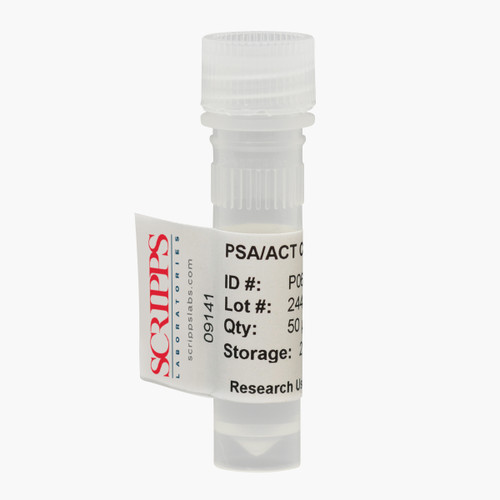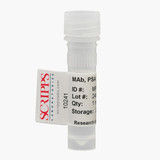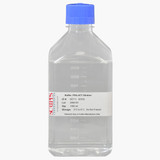Prostate Specific Antigen-α1-Antichymotrypsin Complex (PSA-ACT); ≥95% pure
- SKU:
- 90010-0050
- Catalog Number:
- P0624
- Part Number:
- 90010
- Physical Form:
- Clear liquid
- Purity:
- ≥95% by SDS-PAGE
- PSA : Total Protein Ratio:
- 0.3-0.7
- Comments:
- This product ships on dry ice.
Click to inquire about Bulk Pricing Discounts for PSA-ACT, P0624
This preparation of Prostate Specific Antigen - a1 Antichymotrypsin Complex (PSA-ACT Complex) is purified from human seminal fluid (PSA) and human plasma (ACT). The material is provided as a liquid in 10 Sodium Acetate, 150 mM Sodium Chloride, 0.1% Sodium Azide, pH 5.6. Purity is ≥95% by SDS-PAGE.
As a primary manufacturer, Scripps is able to offer research- and manufacturing-scale quantities of high quality antigens and antibodies. Materials are produced, packaged, and shipped from our facility in San Diego, California.
Product Specifications:
Literature:





